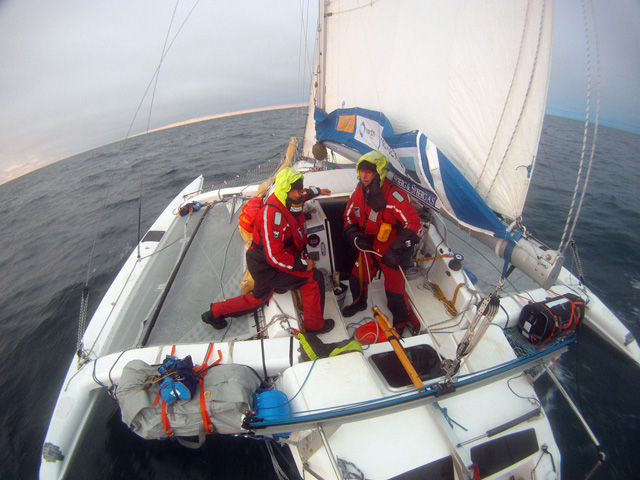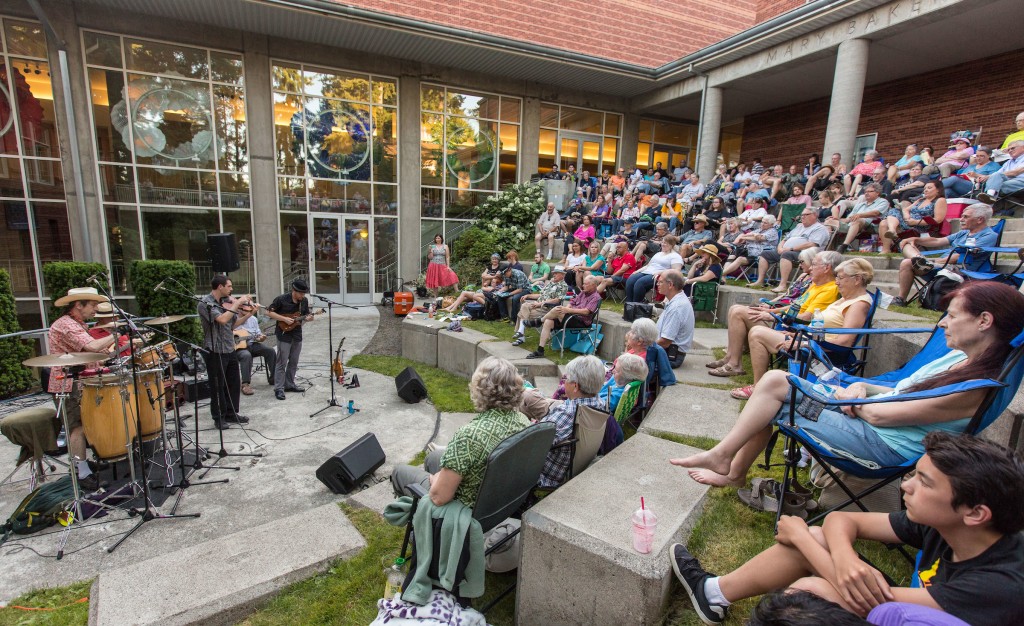Page 24 • (13,906 results in 0.036 seconds)
-
Dos and Don'ts of Working with a Student with a Disability (pdf) view download
-
Dos and Don'ts of Working with a Student with a Disability (pdf) view download
-
atmosphere of resentment against survivors as well as the hostility of prominent professionals toward the survivors as key factors prompting the initially small handful of doctors who were sympathetic to the survivors to develop the (ever-unstable but crucial) concepts of “massive psychic trauma” and “post-traumatic stress disorder.” Introduced by Dr. Robert Ericksen, Prof. of History and Kurt Mayer Chair in Holocaust Studies 10:30-11:00 a.m., Lagerquist Hall Chapel homily: Dr. Victoria Barnett
-

challenged. Polar explorer Thorleif Thorleifsson. Thorleifsson’s lecture will assess the state of the actual physical environment of the Arctic and its impact on the strategic environment. He will talk about his voyage, and the challenges and environmental changes encountered along the way, as well as the Norwegian history of Arctic exploration and explorers of the past. Saether is an environment counsellor at the Norwegian Embassy in Washington D.C. She has worked in the environment field for more than
-

the University of Cincinnati College-Conservatory of Music. A scholar in jazz and popular music, he has written numerous published articles and books, including a chapter for The Cambridge History of American Music and the third edition of his history text American Popular Music, published by McGraw-Hill. He has free-lanced for over thirty years in the Memphis, Cincinnati, and Dallas/Fort Worth areas. He has performed with jazz artists such as Bobby Shew, Marvin Stamm, Marc Johnson, Ed Soph, and
-

In the Footsteps of Giants: J-term Study Away in Europe Posted by: Reesa Nelson / December 4, 2019 December 4, 2019 Vienna, Salzburg, Leipzig, Berlin and Prague are cities rich with musical history and tradition. Vienna is often called the “Capital of Classical Music.” This one small area was the central location for many of the finest musicians of the 17th, 18th, 19th and 20th centuries. Experiencing music in the spaces where many of these great works were first heard contextualizes the art
-

Also Livestreamed for those who cannot attend. This event is free and open to the public. Masks are required In this public lecture, Samuel Torvend, professor of religion at PLU who holds a doctorate in History of Theology, will narrate how a student’s crisis significantly shifted his teaching and research. From that encounter, new questions emerged that demanded collaborative research with students and faculty colleagues here and abroad. Such research has led to asking critical questions regarding
-

Locals embrace Lutes as they meet living legends, learn about vibrant events such as Carnival and Panorama, and develop valuable racial consciousness within a multicultural society that celebrates
and learning about our country and our history, in a deeper way than even locals,” Hughes said, on a warm and breezy day in the Caribbean last year. “So, they decided to put locals in the program with the PLU students.” (Video by Rustin Dwyer, PLU) That’s when Hughes started to look beyond her rudimentary understanding of Trinidadian traditions she thought she knew so well. “When you live in a place, you don’t question things,” Hughes said. “Before I got involved in this program, I didn’t even
-
The Book in SocietyThe Book in Society surveys the history of print culture and discusses such issues as censorship, bestsellers, and the future of the book in the digital age. The course asks such questions as what exactly is a “book”? Who produces it, who reads it, and why? Students examine the ways in which books have been central to modern society—how they have informed, entertained, inspired, irritated, liberated, and challenged readers. They also look at the processes by which books are
-
William Carlos Williams pointed out, a poem is a machine made out of words. In the classroom, then, the poem can be discussed the way machines are discussed, with reference to the technical features that make the machine what it is. To speak of poems in this way, however, requires a scholar’s commitment to studying the genre’s history, its masters, as well as its formal and thematic dynamics. In my poetry-writing courses, it turns out that reading and studying poetry end up taking more time than the
Do you have any feedback for us? If so, feel free to use our Feedback Form.


